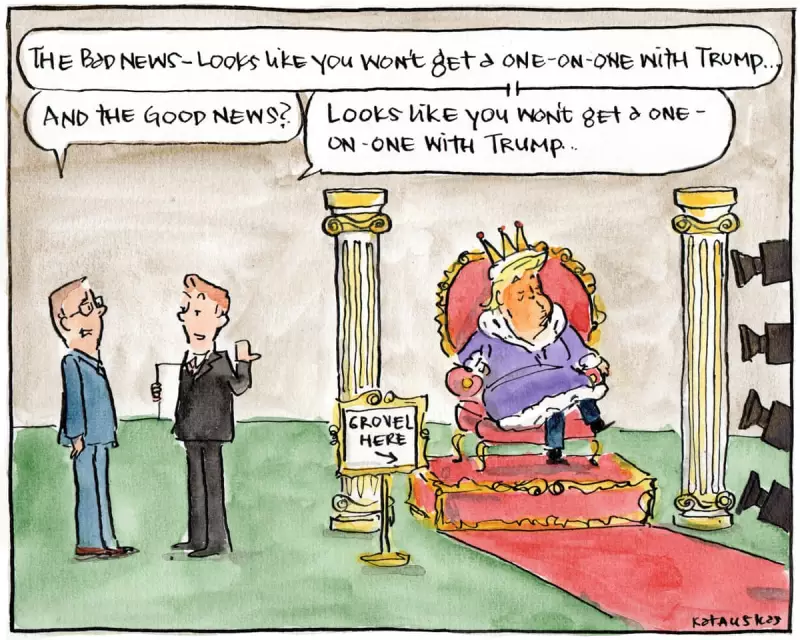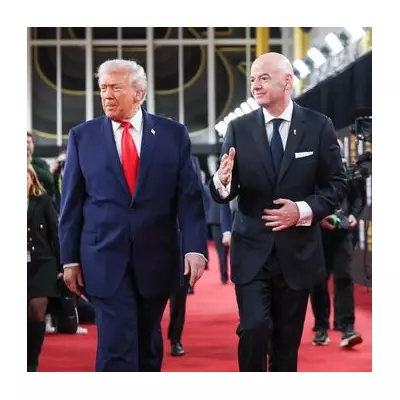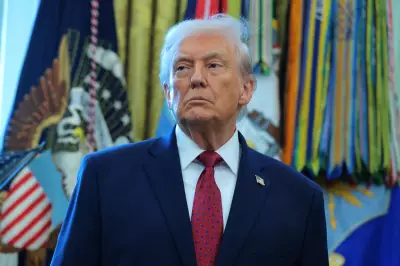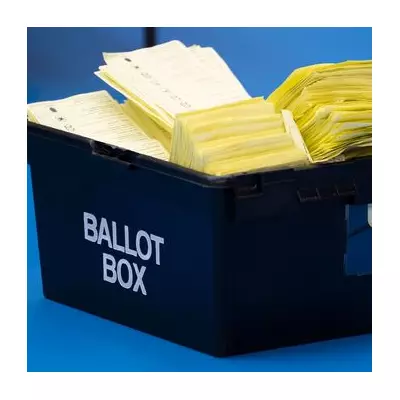
A seemingly innocuous moment on the sidelines of the United Nations General Assembly has spoken volumes about the state of a critical international alliance. A photograph has captured a starkly awkward encounter where former US President Donald Trump appeared to deliberately snub Australian Prime Minister Anthony Albanese.
A Picture Worth a Thousand Words
The image, which has rapidly circulated among diplomatic circles, shows Trump engaged in a conversation, his back turned to a waiting Prime Minister Albanese. The Australian leader's expression, a mixture of patient expectation and slight bemusement, tells a story of its own. This visual evidence of a cold shoulder is more than just a personal slight; it is a potential barometer for the Australia-United States relationship under a possible future Trump administration.
More Than a Personal Snub: The AUKUS Shadow
The stakes of this interaction are incredibly high. The centrepiece of the Canberra-Washington partnership is the AUKUS security pact, a landmark agreement for Australia to acquire nuclear-powered submarines. This multi-billion-dollar endeavour hinges on long-term stability and trust between the nations.
Trump's past scepticism towards international alliances is well-documented. His reported private criticisms of the AUKUS deal, questioning what the US gains from it, now cast this public snub in a more ominous light. For the Australian government, which has bet heavily on AUKUS as a cornerstone of its defence strategy, the incident is deeply unsettling.
Reading the Diplomatic Tea Leaves
Analysts are scrambling to interpret the encounter. Was it a deliberate message to a US ally, a simple oversight, or a reflection of Trump's transactional view of foreign policy? The ambiguity is itself a problem. Diplomacy relies on clear signals, and this very public moment of disregard introduces a new layer of uncertainty into one of the world's most important strategic partnerships.
For Anthony Albanese, the challenge is multifaceted. He must publicly downplay the incident to avoid escalating tensions, while privately grappling with the real possibility that a key ally's leader may not value the relationship to the same degree. The photograph freezes a moment of diplomatic vulnerability, highlighting how personal chemistry—or a lack thereof—can shape global affairs.
The question now is whether this is a mere blip or a preview of a more turbulent chapter in trans-Pacific relations. The world will be watching to see if the special relationship between Australia and America remains special, or if it becomes just another transaction.





